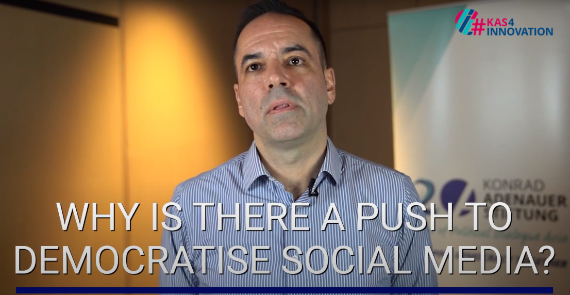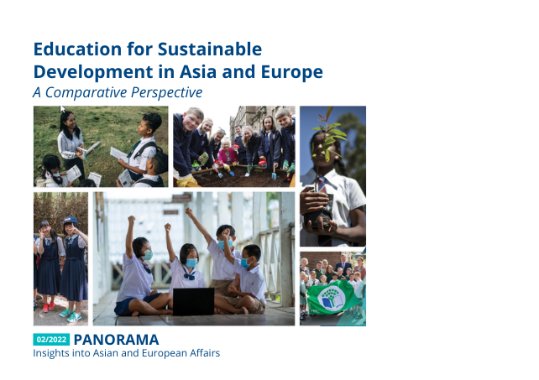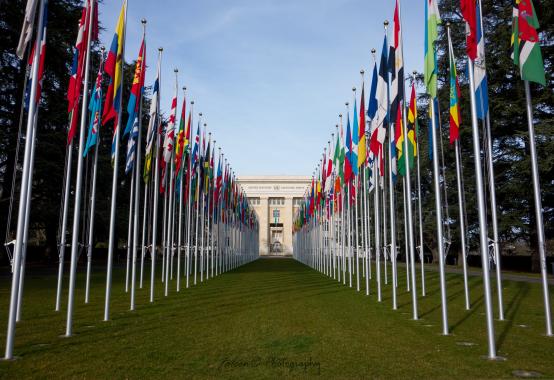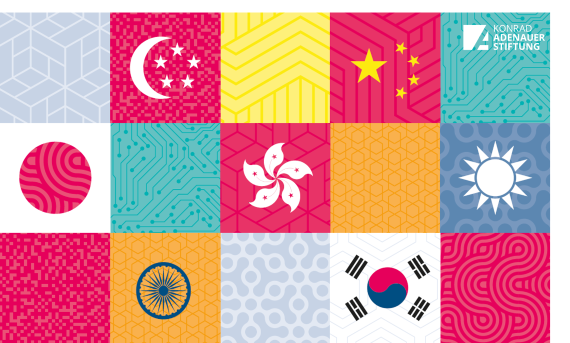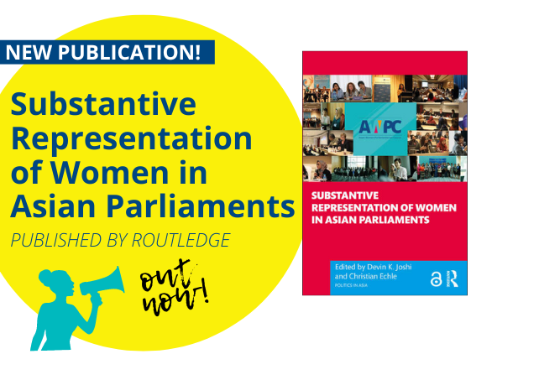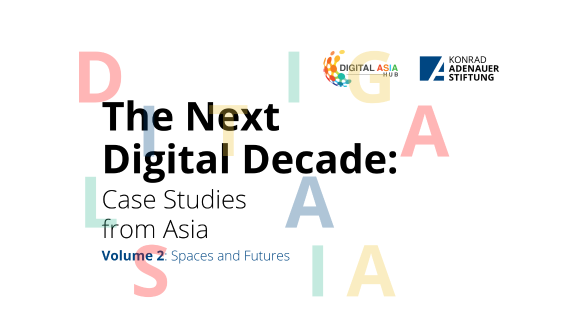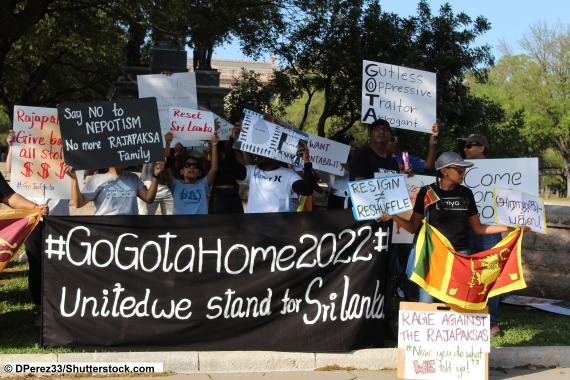Publikationen - Regionalprogramm Politikdialog Asien
Länderberichte
Politische Kurzberichte der KAS-Auslandsbüros
Die Konrad-Adenauer-Stiftung ist in rund 110 Ländern auf fünf Kontinenten mit einem eigenen Büro vertreten. Die Auslandsmitarbeiter vor Ort können aus erster Hand über aktuelle Ereignisse und langfristige Entwicklungen in ihrem Einsatzland berichten. In den "Länderberichten" bieten sie den Nutzern der Webseite der Konrad-Adenauer-Stiftung exklusiv Analysen, Hintergrundinformationen und Einschätzungen.
Veranstaltungsberichte
Die Konrad-Adenauer-Stiftung, ihre Bildungsforen und Auslandsbüros bieten jährlich mehrere tausend Veranstaltungen zu wechselnden Themen an. Über ausgewählte Konferenzen, Events, Symposien etc. berichten wir aktuell und exklusiv für Sie unter www.kas.de. Hier finden Sie neben einer inhaltlichen Zusammenfassung auch Zusatzmaterialien wie Bilder, Redemanuskripte, Videos oder Audiomitschnitte.
Panorama
Einblicke in asiatische und europäische Angelegenheiten
"Panorama – Einblicke in asiatische und europäische Angelegenheiten" ist eine Reihe von Gelegenheitsbeiträgen, die vom Regionalprogramm Politischer Dialog Asien/Singapur der Konrad-Adenauer-Stiftung herausgegeben wird. Die einzelnen Beiträge befassen sich mit unterschiedlichen Themen zu Europa und Asien.




